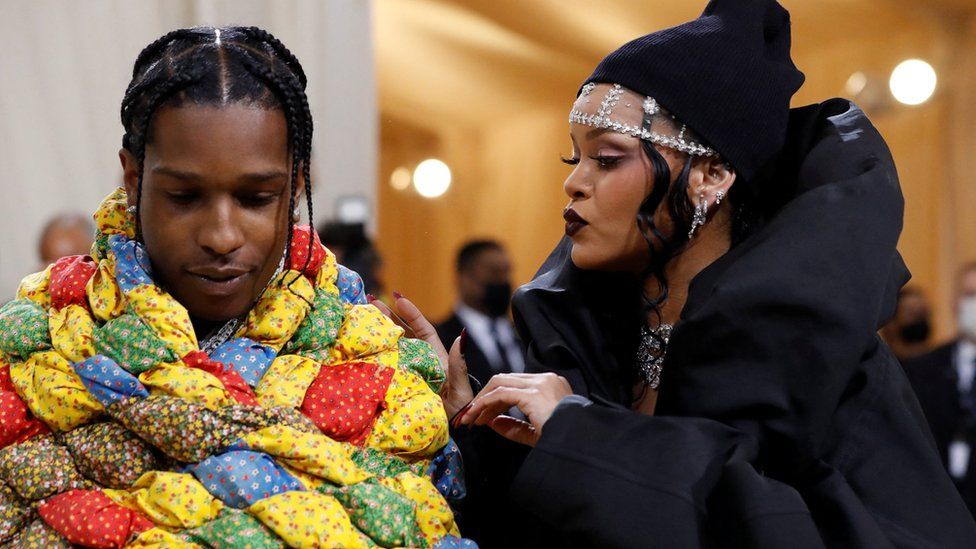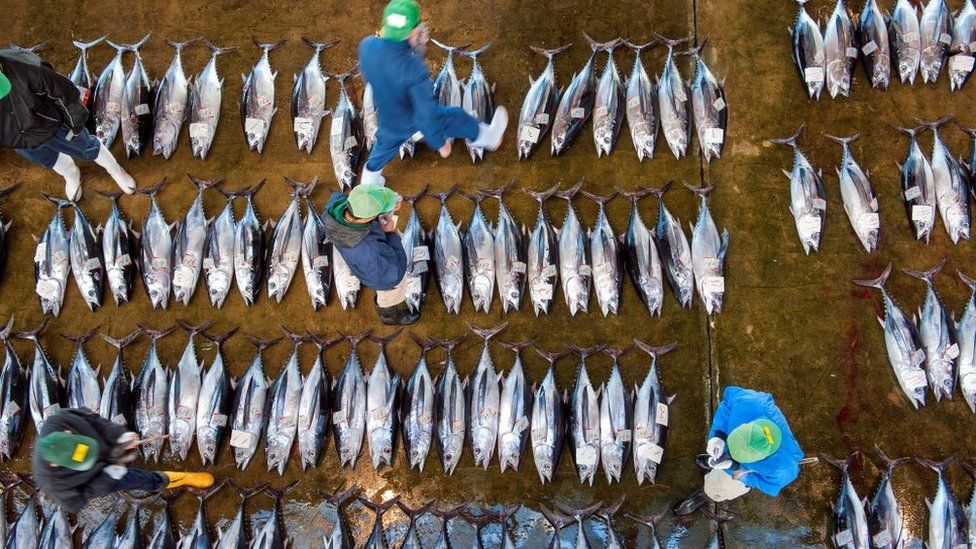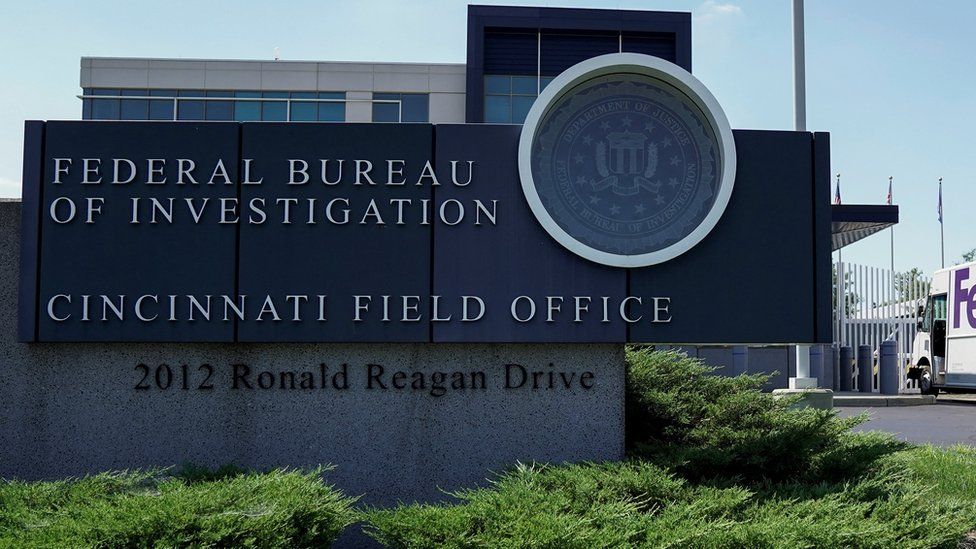For 14 years Nothing Late band has brought joy to millions of people in the Sekondi-Takoradi metropolis from their traditional to the creative hip-life blend using brass instruments. The band plays to an extremely high standard spurred on by the continual occasions and competitions they take part in. The band continues to thrive all over Sekondi-Takoradi today and for many, brass banding is a way of life.
Nothing Late brass band was established in the year 2008 and has performed marvelously well since its establishment. The motto of the band is “ÆbÉ› tse ne dÉ›wâ€: it is a term in our
local dialect which simply means you will feel the groove or you will enjoy the groove of the band. The band is the first youth-dominating brass band that came up. This was intended to clear the misconception that brass musicians are school dropouts and drunkards. The band has been Nominated 3 times for the western music awards and has also won the Essikado y3wo adze oye band competition 2 consecutive times.
In 2019, the band in collaboration with Westline Consult, the organizers for western music awards, launched its 1st album which contained recorded brass music versions of popular Ghanaian gospel and highlife songs.
In 2020, the band Saw it needful and very necessary to rejuvenate and revamp the band after years of operation. In view of this, a new Logo was introduced. This logo depicts the characteristics and dynamics of the band. The logo bears symbols and colours which has a peculiar meaning. Below are the symbols and colours you can find in the logo of Nothing late brass band and what each represents.

• The color wine: This happens to be the official colour of the band. Wine is a color that is linked to red which represents passion, energy, strength, and love at a very deep level. This shows the Passion, energy, strength, and enthusiastic spirit the band possess and exhibits when on the instruments. Love is always expressed at a very deep level and this keeps the band moving together as brothers.
• The Gold Circles Around the NLB symbol: The color gold is related to the color yellow and the color brown, and is also associated with, love, compassion, courage, passion, magic, and wisdom. Gold is a precious metal that is associated with wealth, grandeur, and prosperity, as well as sparkle, glitz, and glamour, and this indicates the richness and sweetness of the band.

• The Circle represents Unity: the band believes in unity as unity is strength. The circle represents the unity that dwells in the band.
• The Letters NLB: the letters NLB in the logo represent the name of the band. Each letter is the abbreviation of the band’s name Nothing is Late, meaning in this Life there is absolutely nothing that is late. Everything happens for a reason and in its own appointed time. So no matter the time your success may come it is never Late.
• The trumpet on the bar of the letter B: The trumpet is a unique and powerful instrument. This power symbolism is particularly closely related to wars and rulers. The sound of the trumpet has always denoted military strength, and it is used as a signaling instrument in battle or in a military band. This represents the strength and power of the band and all the instruments we play.

The band since its establishment has had the opportunity to participate in diverse events. Some of such events are;
1. Essikado y3wo adze oye band competition organized by Hon. Joe Ghartey the MP for essikado ketan constituency.
2. Melody FM’s football gala for drivers.
3. May day bash at vision Beach Resort
4. Black Friday promotion bash at Anaji Choice Lounge
5. YFM’s Yclash of the DJ’s the band participated in both the Takoradi version and the main edition which involved all the 3 YFM branches, just recently.
among other important functions.
The band has had the opportunity to organize wonderful events such as;
1. Street Praise (10th-anniversary lunch) which took place in April 2018 at the score taven road in Sekondi with other bands like Evergreen movement band and freedom and justice bands gracing the event.
2. In December 2018 the band organized a mega event dubbed street choral night where other bands like Evergreen, supersonic, Golden squad, freedom, and justice bands performed respectively.
3. Virtual Concert; the band never ceased to entertain its fans. During the Covid-19 pandemic, the Nothing late band had a Black lives matter virtual concert via their Facebook page to entertain its fans.

Nothing Late brass band will be celebrating its 15 years anniversary next year (2023). Anticipate nostalgic highlife tunes composed by the band.
You can follow Nothing late band on all social media platforms.
Facebook: Nothing Late Band
Twitter: @Nothing_late_band
IG: @the_climax_band_nlb
YouTube: Nothing Late Band
Ticktock: Nothing_late_Band
For further inquiries and bookings contact the manager Mr. Thony Knight-Cobbinah on 0241524327 or 0201564994
Nothing late band
#3b3 tse ne d3w 💥













:max_bytes(150000):strip_icc():focal(999x0:1001x2):format(webp)/2022-august-full-moon-ISTANBUL-TURKEY-81222-2be99f51a856475faad360189ca8ba1e.jpg)
:max_bytes(150000):strip_icc():focal(999x0:1001x2):format(webp)/2022-august-full-moon-KOSICE-SLOVAKIA-81222-42c3c8dfebc44f2a9fde01ac52080a0c.jpg)
:max_bytes(150000):strip_icc():focal(723x0:725x2):format(webp)/2022-august-full-moon-BERLIN-GERMANY-81222-97a95230a38e42429f9e1805978d4656.jpg)
:max_bytes(150000):strip_icc():focal(779x0:781x2):format(webp)/2022-august-full-moon-Saxony-Dresden-81222-c3c7f113a5f54079840e7af86fc011cb.jpg)
:max_bytes(150000):strip_icc():focal(999x0:1001x2):format(webp)/2022-august-full-moon-Paris-81222-747c15e7abd3411aba4e38adcbf830b5.jpg)
:max_bytes(150000):strip_icc():focal(999x0:1001x2):format(webp)/2022-august-full-moon-Liverpool-81222-378ba5e577cb4dbc990c8f5dbebec8d4.jpg)
:max_bytes(150000):strip_icc():focal(999x0:1001x2):format(webp)/2022-august-full-moon-Edinburgh-81222-3c39788c4a414b0c94928d2badf31632.jpg)
:max_bytes(150000):strip_icc():focal(935x0:937x2):format(webp)/2022-august-full-moon-London-81222-a6bddf8e40fd4538baff9bf2a721150e.jpg)
:max_bytes(150000):strip_icc():focal(999x0:1001x2):format(webp)/2022-august-full-moon-Northumberland-81222-b525970ea7c1470d91fa95567d96ddc6.jpg)
:max_bytes(150000):strip_icc():focal(999x0:1001x2):format(webp)/2022-august-full-moon-new-york-city-81222-5689f63ef5184cdfa06c4937a06db0c8.jpg)
:max_bytes(150000):strip_icc():focal(999x0:1001x2):format(webp)/2022-august-full-moon-ALBUQUERQUE-NEW-MEXICO-81222-974b7c659ff24acc9c42ff1291a06c95.jpg)
:max_bytes(150000):strip_icc():focal(999x0:1001x2):format(webp)/2022-august-full-moon-washington-DC-81222-57f11e66c9794272a5eeca267c1bf3bf.jpg)










